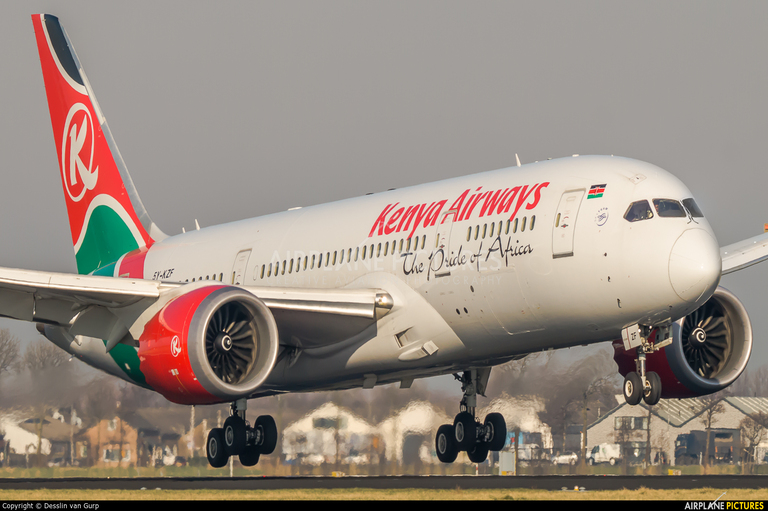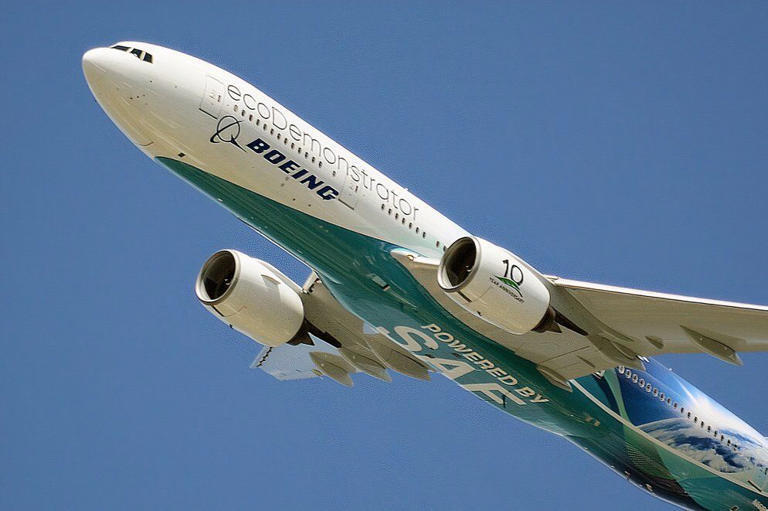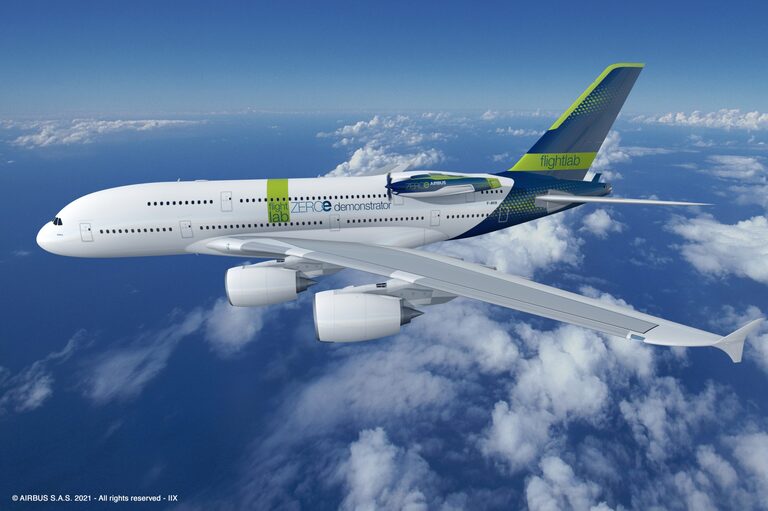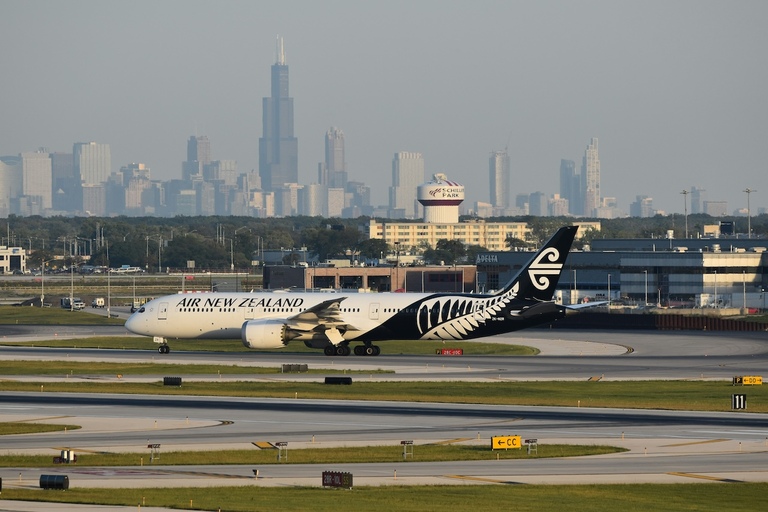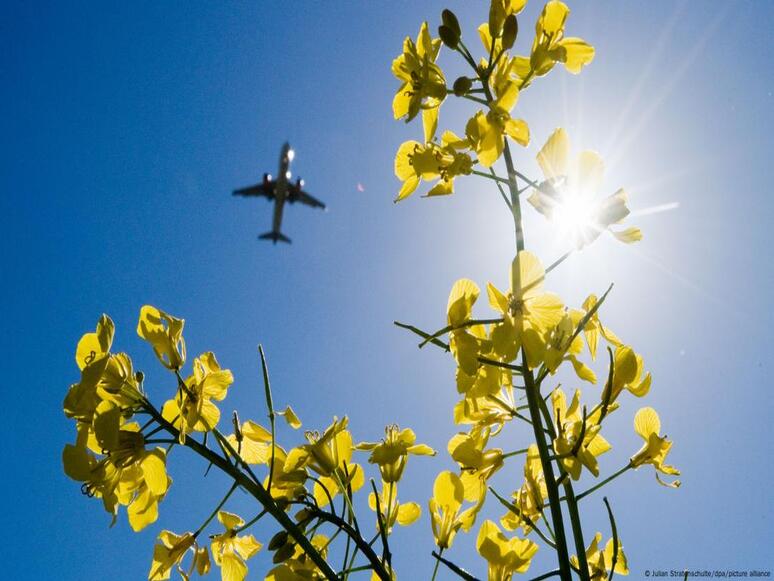Lets Go Travel Uniglobe Mission
Our mission is to fulfill the travel experience desired by our business and leisure travelers. We will achieve this through our team of knowledgeable and reliable professionals, who are self-driven to provide unmatched quality, choice, value, and personal service. In doing so, we will uphold professional standards and promote responsible and sustainable tourism.
We are fully aware of our global role in the conservation of our environment and our communities. We understand and comply with all relevant legal requirements and ensure that all social and humanitarian objectives by law are observed.
Lets Go Travel Uniglobe aims to:
• Reduce the consumption of primary raw materials (including fossil fuels, water and energy). We stress the importance of switching off all electrical lights and equipment.
• Encourage sustainable practices by staff, travel partners such as hotels and airlines and our clients.
• Encourage and demonstrate sustainable approaches to the built environment in our refurbishment and maintenance projects.
• Minimise waste production and divert it from landfill, therefore supporting the reuse, recycling and recovery plan.
• Consider sustainability in the procurement of goods and services, as well as encourage bulk buying.
• Prevent pollution and environment damage where possible, and advocate for garbage separation.
• Work with conservation organisations that support environmental, community and wildlife protection.
• Advocate strongly for green commuting, telecommuting, carpooling, taking mass transit and human-powered commuting.
• We advocate for the use of green materials such as biodegradable soaps.
Download Our Sustainability Reports:
2024 Quarter Three Sustainability Report
2024 Quarter Two Sustainability Report
2024 Quarter One Sustainability Report
2023 Sustainability Report
2022 Sustainablility Report
2021 Sustainablility Report
2020 Sustainablility Report
2019 Sustainablility Report
2018 Sustainablility Report
2017 Sustainablility Report
2016 Sustainability Report
CSR 2015
CSR 2014
Sustainable Tourism Journey
Sustainable Travel Updates
Get access to our exclusive deals and safaris and lets go travel!

Copyright © 2025 Lets Go Travel Terms and Conditions



